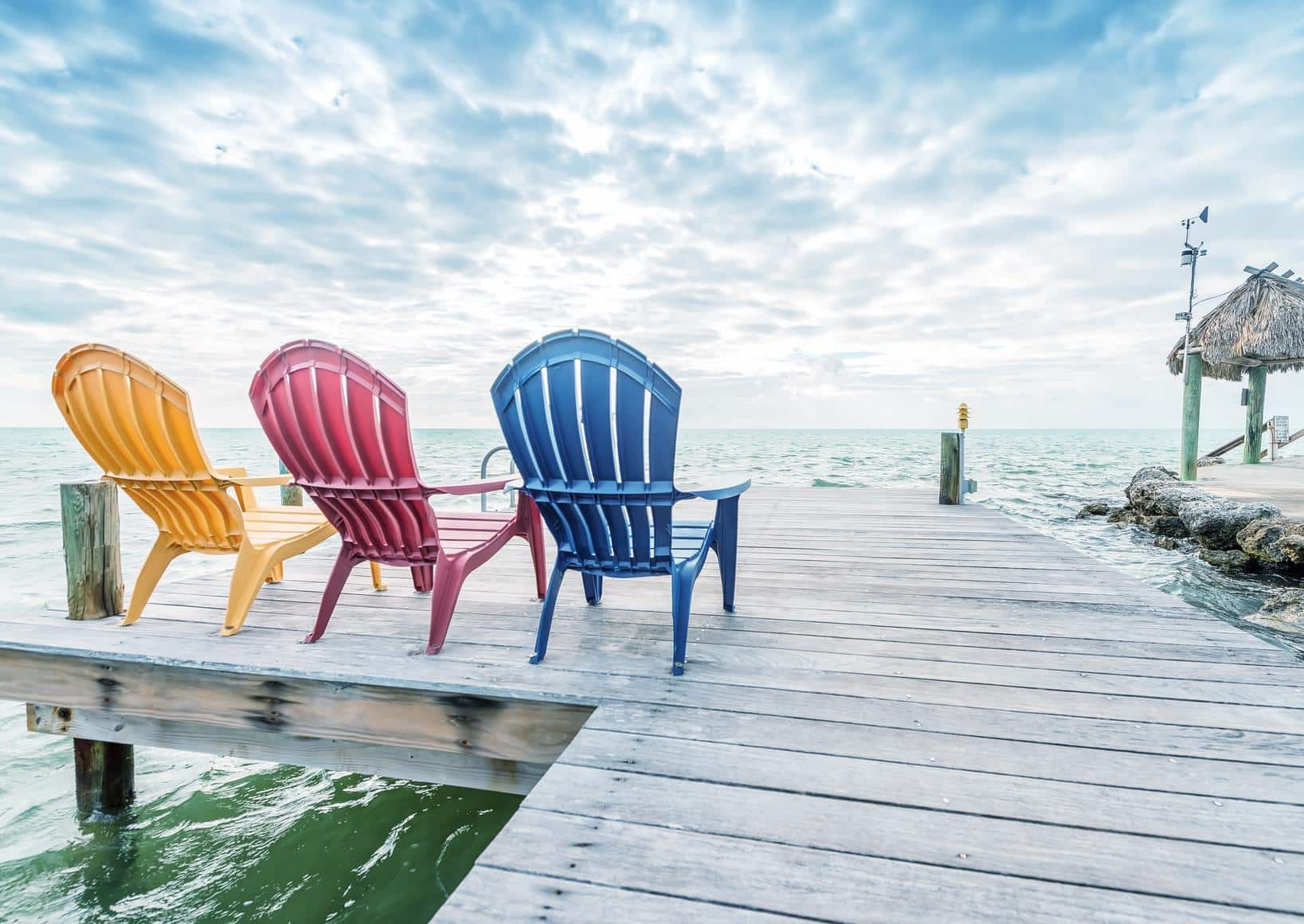Retirement: for some people it's the carrot at the end of a long, long stick, and for others it's a dreaded passage into a totally different way of life. Then there are those in the middle, who think of it simply as a chance to try something new and different.
Whatever retirement means for you, there are certain things that you need to consider before you punch out of your job for the very last time.
(If you're like the majority of Americans - 56 percent, according to a recent survey by GoBankingRates - who haven't saved nearly as much as you need to retire comfortably, the very first step is to think about pushing your retirement plans back a few years.)
What should be on your to-do list in the years and months before you retire? Here are five major things to take care of.
-
- Home and vehicle repairs or replacements. If you think ahead to the next five, seven, or 10 years, what major assets do you think might need to be repaired or replaced? Is your home going to need a new roof? Is your current car wheeling toward its last legs?
These kinds of expenses can hit a retirement account hard when you don't have money coming in to replace them. In fact, when it comes to your house, Forbes recommends making a list of repairs you'll need in the next 20 years and either making them before you retire, or setting aside funds to make them on a schedule.
-
- Pay off your mortgage, if possible. Since mortgage payments account for a large percentage of most Americans' monthly spending, paying off your mortgage before you retire can mean keeping a lot more money in your pocket each month and greatly increasing your financial security. It's not feasible for everyone, of course, but if you've got a few years before you retire, it'll be worth it to make extra payments between now and then.
- Take a look at your insurance coverage. That means all your insurance: health, homeowners, auto, and life. As you age, your health insurance needs may change, so be sure to consider various options, including, of course, Medicare.
Another insurance need that you'll want to review is your life insurance. If holding on to that policy doesn't make sense anymore - whether because your children are grown and self-sufficient, or your premiums are becoming unaffordable - selling your policy as a life settlement might be a good idea. Your financial advisor can help you explore this option, which for some people is a great alternative to letting your policy lapse.
- Pad your emergency fund. No matter how hard we try, there are certain things we just can't plan for. You may have a grown child who needs to live at home again for a few months. Maybe your car breaks down, even though the mechanic said it was good to go for another few years. Whatever the emergency, you'll feel much safer if you have funds stashed away for that rainy day.
- Prepare for the potential necessity of long-term care. Becoming chronically or terminally ill is the last thing any of us want to think about, but at this age, it's irresponsible not to plan for the possibility. Will you purchase long-term care insurance? Start a separate savings fund?
Life settlements can be attractive options for this situation, as well. Since life settlements can yield a much greater amount of cash than lapsing a policy, they can ease a lot of the financial burden of paying for an in-home nurse or nursing home.
Whether retirement is just around the corner or a few years away, there are several things you can do in advance to make the transition easier - not only on you, but on your spouse and family, as well. Read more of our retirement and retirement planning blog posts here.

